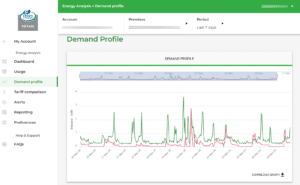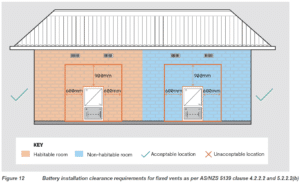As we become more aware of the effects of climate change, more people are making changes to reduce their environmental impact. Most people are trying to reduce their use of single use plastics or shop organically. But we often forget about one of our least sustainable practices; wasting food. In FY17, organic waste accounted for 51% of all household waste in Australia.[i] It’s crazy to think that the thing we waste the most is one of our most precious resources. If you’ve been thinking about composting, here are some great reasons to make it happen.
-
Reduce landfill
Imagine the impact we could have on landfill if every household starting composting or reducing their food waste. In the study mentioned above, Australian households produced 7.0 megatonnes of organic waste. 300,000 tonnes of this was food waste, 300,000 was from garden organics and the remainder was from timber and other organics. Composting our food waste alone could save us from 300,000 tonnes of waste going to landfill every year.
-
Reduces Greenhouse gas emissions
Composting reduces greenhouse gas emissions by reducing methane emissions from landfill. Methane gas is emitted into the atmosphere as the food in landfill decomposes without proper airflow. Methane gas accounts for 16% of all greenhouse gas emissions.[ii] Composting will also reduce the number of garbage bags you buy, the amount of chemicals you purchase for the garden and hopefully the number of times a year you put your bin out for collection.
-
Improves soil quality
If you’re struggling to get your garden looking perfect, composting might be the answer. Composting improves soil quality by increasing the amount of organic materials and micronutrients. When compost is added to existing soil, it adds nutrients such as carbon and nitrogen which help with photosynthesis. Composting also helps your soil to retain moisture which means you don’t have to water as often.
-
Natural pest repellent
Many of the micronutrients produced from composting have a pesticide like effect on garden pests. That means you can avoid nasty chemicals in your garden, making it more organic and leaving you more money to buy more plants!
-
Promote recycling and sustainability at home
It’s hard to break habits after 20 or 30 years. For so many people these days, recycling, reducing and considering what we purchase is harder because it’s not something we have always had to do. It’s much easier to do something if you learnt it as a child. I bet you could still play hot cross buns on the recorder. Teaching your kids from an early age to recycle and compost will instill those values in them for the rest of their life.
Composting is a great way to reduce our waste and live more sustainably. Before composting though, you should look for ways to reduce food waste altogether. Try to only cook what you eat, save vegetable scraps to make stock and eat leftovers. Food is such a precious resource that we need to stop taking advantage of.
[i] Australian Bureau of Statistics

Founder of Horan & Bird. Director of Master Electricians Australia and Board Member of Solar Accreditation Australia. John has played a key entrepreneurial role in the transformation of the Energy Landscape in Queensland.





